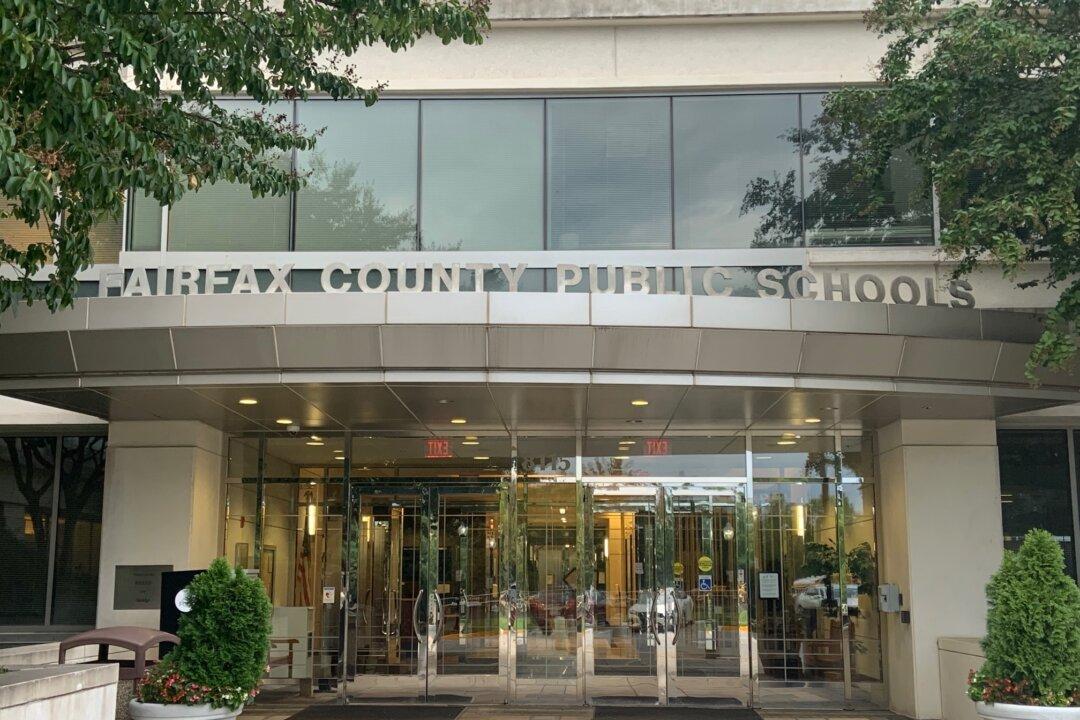FAIRFAX, Va.—The Fairfax County Public Schools (FCPS) Family Life Education Curriculum Advisory Committee (FLECAC) recently had its first meeting to review goals for the 2023–2024 school year, which include expanding the pornography curriculum beyond ninth grade.
Currently, ninth grade students get lessons on how pornography affects relationships.





